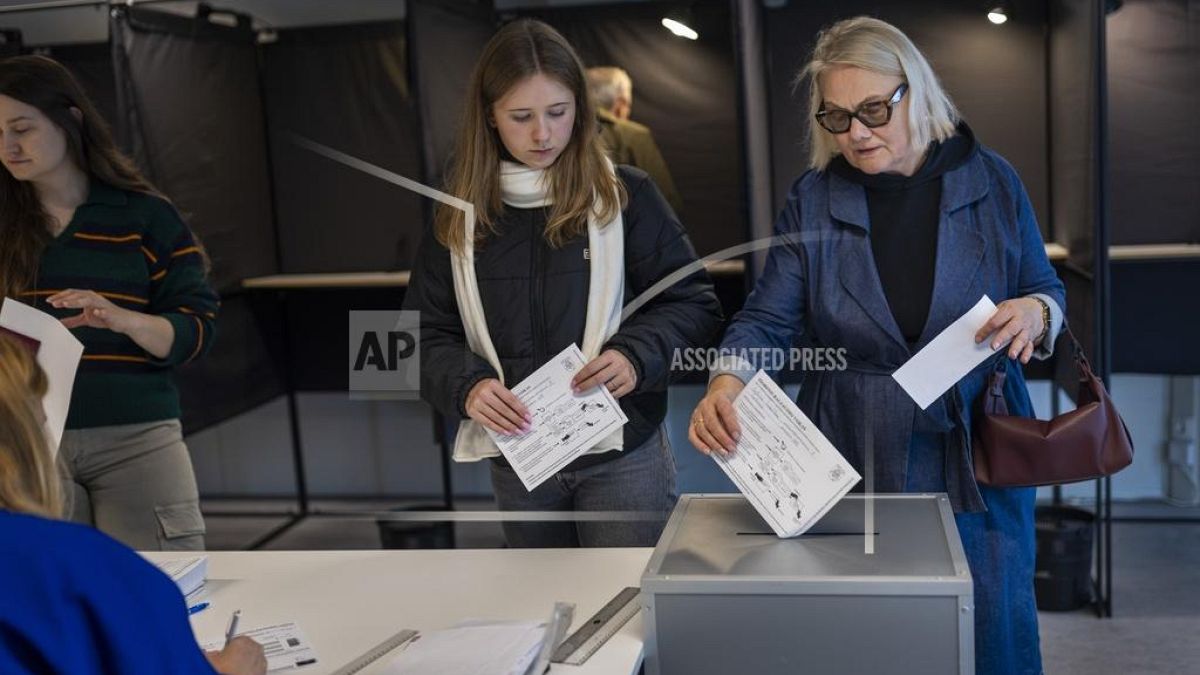This year, for the first time, people aged 21 can also run for a spot in the parliament.
Lithuanians are voting on Sunday in the second and final round of the country’s parliamentary elections, with the conservative governing party still in contention despite first-round gains from the left-leaning opposition.
Strict COVID-19 measures during the pandemic, political scandals and an influx of migrants from neighbouring Belarus have hurt the popularity of Prime Minister Ingrida Simonyte’s government, which took office in 2020.
The vote in Lithuania, which borders Russia to the west and Belarus to the east, comes at a time when Russia’s war in Ukraine is fueling greaters fears about MOscow’s intentions in the strategically important Baltic region.
The vote will set the political tone in the nation for the next four years, but despite a possible shift to the left analysts say there won’t be a significant change in Lithuania’s foreign policy.
The European Union and NATO member is a staunch supporter of Ukraine.
On Sunday, voters in dozens of electoral districts will choose between the two leading candidates from the first round and complete the new 141-seat parliament.
The opposition Social Democrats, led by Vilija Blinkevičiūtė, came out of the first round with an edge two weeks ago, taking 20 of the first 70 seats to be decided.
That put them two seats ahead of Šimonytė’s Homeland Union party.

